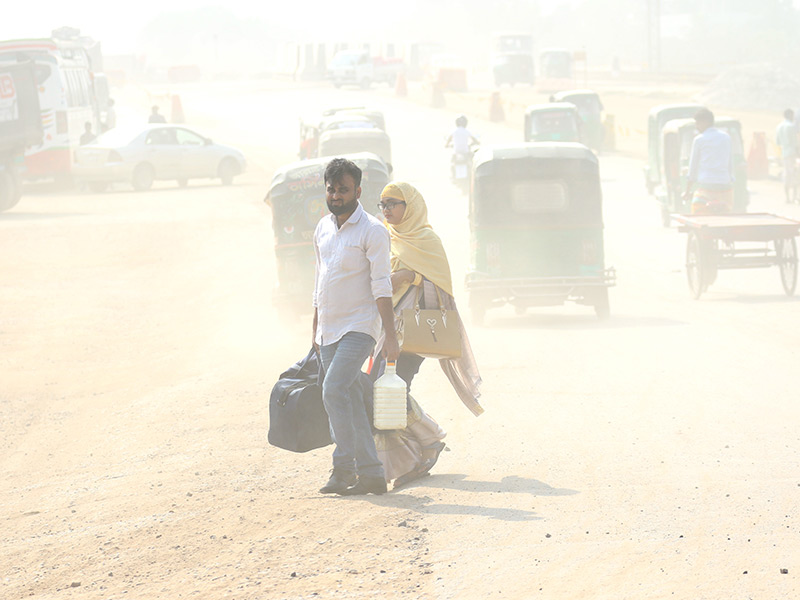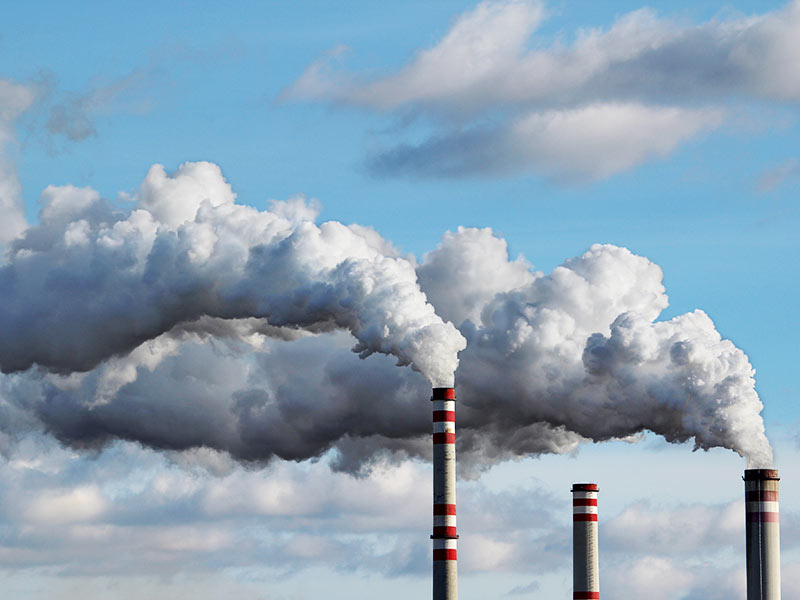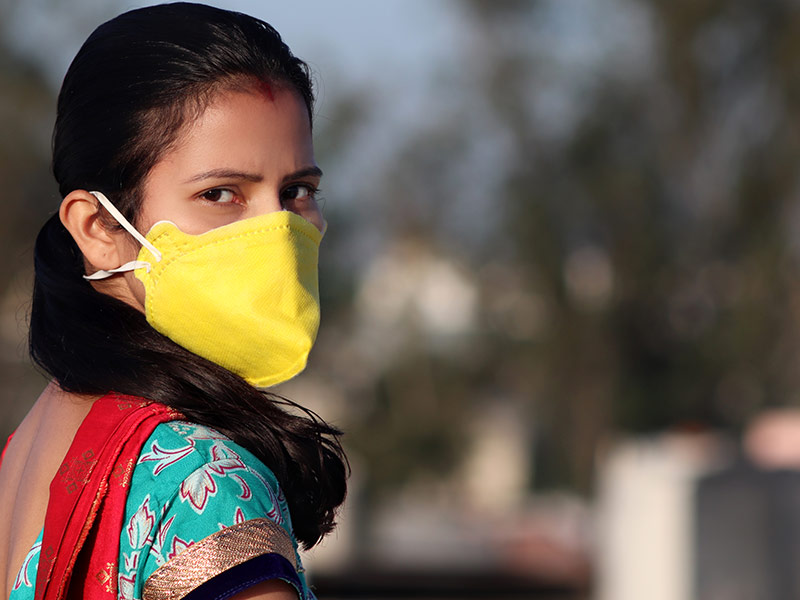What’s New?
Women play an outsized role in sectors that have been among the hardest hit by the COVID-19 crisis. These include high-contact industries such as retail, hospitality, and professional caregiving—as well as those with high levels of vulnerable employment such as the apparel supply chain. As a result, women have faced both the greater share of job losses as well as heightened exposure to health risks in their roles as “essential workers.”
Women also bear a disproportionate responsibility for unpaid care work—a burden that has been greatly exacerbated by COVID-19. The need for homeschooling and at-home childcare has risen dramatically as more than 190 countries have implemented nationwide school closures to fight the pandemic. While this has made employers (and men) more aware of the significant demands of childcare, this has yet to change the division of labor on the ground. Mothers in the U.S. have reduced their work hours four to five times more than fathers to accommodate the need for childcare.
Finally, the global gender pay gap means that when one parent is compelled to stay home to take care of the children, that most often means the mother. Women who leave the workforce temporarily to take on other responsibilities have historically suffered lifelong earnings losses and faced challenges resuming their place on the professional ladder. The COVID-19 crisis threatens to vastly increase the number of women in this position.
Signals of Change
A U.S.-based survey conducted by Syndio found that 14 percent of women were considering quitting their jobs because of the family demands created by the coronavirus pandemic.
While Australia temporarily provided free childcare during the pandemic, it was one of the first measures to be rolled back once the economy began to reopen. Business groups warned of the negative impact this would have on small businesses, 40 percent of which are owned by women.
In Bangladesh, women in formal employment have been almost six times as likely to work fewer hours than their male counterparts since the pandemic began.
Fast Forward to 2025
My graduation in 2019 was only six years ago, but looking back now, so much has changed. I was the first woman in my family to graduate university then, part of a growing class of female undergraduates across India...
The Fast
Forward
BSR Sustainable Futures Lab
What Might This Mean for Business in the Coming Years?
The negative impact of the COVID-19 crisis on women threatens to reverse many of the gains that business has invested in to improve the participation and success of women in the workplace, at a time when societal expectations in this area have never been higher. Failure to address this challenge will negatively impact business both directly—in terms of business performance—and indirectly, as women’s consumer spend will also inevitably decline.
The business case for enabling greater contribution by women to the workplace and company leadership is well established. Increasing the diversity of thought and ideas, improving decision-making around risks and strategy—these things are especially crucial at this moment when risk and resilience are becoming more essential to a company’s long-term survival. Women have also played a key role in improving performance in the global supply chains of many industries, driving new market growth opportunities and expanding the pool of talent needed to drive innovation.
The COVID-19 crisis puts these benefits at risk and requires nothing less than a fundamental rethink of the strategies and programs needed to restore past gains and go even further in the future as we recover. Flexible work arrangements, innovative family and childcare arrangements, new career path options, revised pay and incentive programs—all will need to be considered to maintain and build advantage. Just as important, companies will want to be effective advocates for public policies that serve to “raise the floor” for all of business so that they are not penalized for their early investments in this area.
What Is the Role of Sustainability?
Gender equality and women’s economic empowerment are not only part of the sustainable development agenda but are catalysts for progress across all the SDGs. Enabling women’s economic empowerment actualizes the economic potential of women, reduces poverty, and creates more prosperous and healthy societies with greater resilience to future social and economic shocks. COVID-19 will therefore increase the urgency of women’s economic empowerment to corporate sustainability and resilience strategies.
If we begin rebuilding the economy while excluding 50 percent of the population from actively contributing, it will jeopardize the entire economic recovery and increase the vulnerability of our families and communities. We need to address the systemic barriers that have made women more vulnerable to this shock, which will at the same time increase the resilience and inclusiveness of the entire system.
The importance of an intersectional lens on women’s empowerment will also be crucial as the current impacts are found to be worse for Black, Indigenous, and People of Color (BIPOC) women who face compounding barriers and prejudices and have made fewer economic gains historically. LGBTQ+ women, same-sex families, and single-parents—the majority of whom are women—have also faced differing impacts in the shift in employment and care burdens, highlighting the need for empowerment strategies to be more inclusive and account for intersecting identities and discrimination.
![]()
Previous issue:
Your Data for Your Life
![]()
Next issue:
The Kids Are Not Alright

































